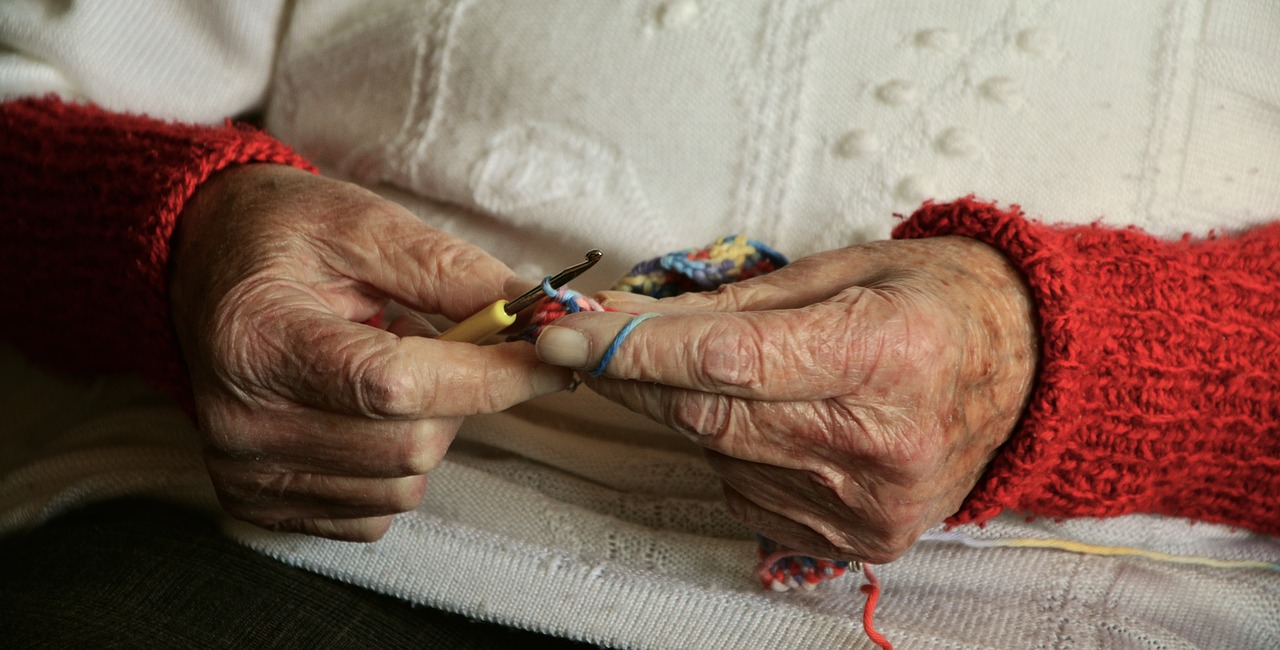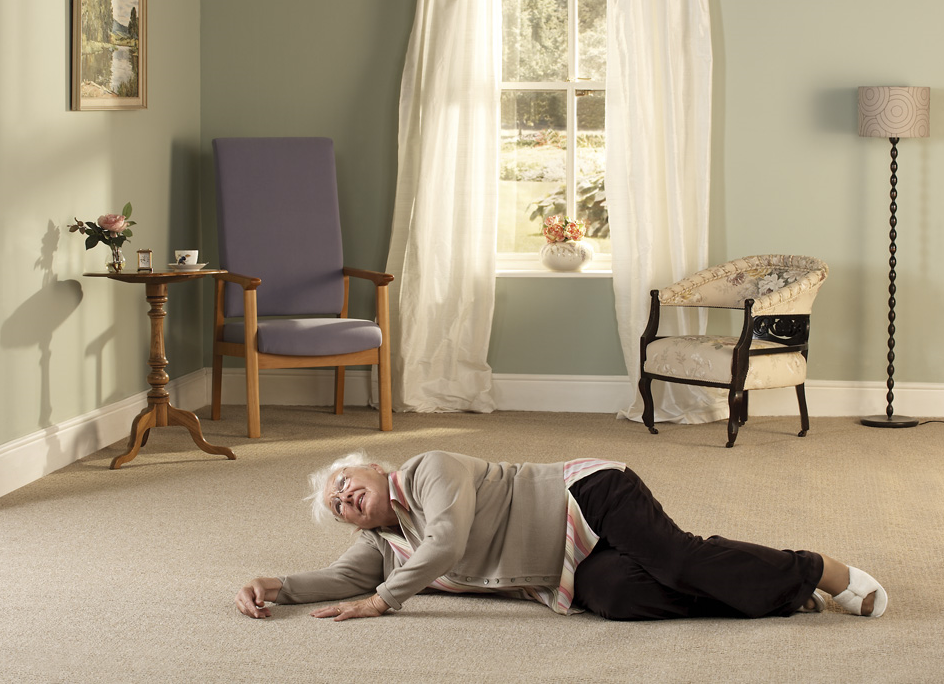Fill our form to download your free research report, written by Dr Mark Hawker.
8 Things No One Warns You About When Working In A Care Home
We don’t think you need to work in a care home to appreciate what a challenging, though rewarding, a job it is. Care home staff do a demanding job and do it well; making sure all their residents are treated equally with dignity and respect.
However, as we pointed out in a recent article (The Top Five Calls All Care Home Workers Dread Making), some parts of the job can be a lot less enjoyable than others!
As part of our #UpliftingCare campaign we spoke to some of our followers on Facebook, Twitter and LinkedIn who were working in the industry to find out what they thought were the best and worst parts of their jobs; the hardest things to deal with and the most rewarding. We then took all those responses and merged them into the list below of the eight worst things about working in a care home.
I’m So Sorry But Your Loved One Has Died
What can be said to make breaking the worst news someone could ever receive any better?
Having to tell a family member that their Mother/Father or Grandmother/Grandfather has died is one of the worst things about working in a care home. Anything that’s said may seem wrong or impersonal. All a care home worker can do is remain calm and empathetic whilst trying to answer all the relatives’ questions as best as they can.
Getting Too Attached
Of course, the other side to that is the emotional distress a care assistant will go through themselves when a resident dies. The average time someone will spend in a care home is just a little over two and a half years; that’s plenty of time for both the resident and the carer to build up an emotional bond. Whilst care assistants are taught to maintain a level of detachment they’re only human and losing someone they’ve spent the last two years caring for is a truly overwhelming part of the job.
The Emotional Rollercoaster Of A Normal Day
Perhaps one of the hardest parts of a care assistants job is the ability to be able to switch their moods at the click of their fingers. One minute they could be breaking sad news to relatives or dealing with a sick resident, the next minute they could be chatting cheerfully with someone who’s just happens to be out and about. The ability to be able to switch moods like that is an important one but will be emotionally draining at times.
Always On Alert
Any good care home worker will tell you how important it is to be constantly vigilant. It’s not just for the things you might think would be obvious either like potential hazards.
A huge part of a care assistants job is maintaining a person’s dignity and independence. To do that they need to be alert to anything that might affect this and be able to react instantly to rectify it. Being that alert constantly is hard and we tip our hats to anyone that chooses to do it daily!
Don’t Panic; Don’t Panic!
There’s probably no such thing as a normal day in the life of a care assistant; each new shift is likely to bring something completely different to the one before.
For that reason, it’s vital that they can stay calm at all times, no matter what might be going on around them. Now that may seem like a bit of a non-sequitur but when you’re dealing with elderly residents (some of whom may be living with dementia), family members calling or visiting and all the other day to day activities of a care home then it takes a very special individual to remain level headed throughout their entire shift.
Sometimes You’ll Be All They Have
The well-being of residents is a priority at all good care homes with regular human contact vital for starving off loneliness. This will often fall to the carers looking after them, particularly when family live too far away to visit regularly.
Sometimes you’ll be all they have…a great privilege but also a huge responsibility.
Bodily fluids
Need we say more?
No one likes to think about this aspect of getting old but it does, unfortunately, happen and care home workers do an amazing job of maintaining residents’ dignity in a difficult situation.
Frequent Fallers
One of the worst aspects reported back to us from our followers within the care industry was not always being able to help a resident who’s fallen over as quickly as they would like.
Over 40% of elderly resident who fall over in a care home environment will be uninjured but in many homes the policy is to call an ambulance automatically, even if the resident is uninjured, to lift them back up.
However, as they are uninjured they’ll be classified as a low priority by the ambulance service, meaning they could wait anything from between one to four hours on the floor waiting to be lifted.
Can you imagine how you’d feel not being able to help someone? It wouldn’t give you a great feeling come the end of your shift, would it?
Do you work in a care home? Do you agree with the list put together by our followers? What would you say are the best and worst things about working in a care home?
We’d love to hear back from you below…
#UpliftingCare
- June 02, 2017
- Care Home













I have been a support worker for around 25 years, I love my job, and all the residents I get a lot of satisfaction just to think I make someone smile ,we have a lot of fun, I treat the ladies and gentlemen with great respect,and dignity , I love listening to all there stories, when I go home after shift ,I know I have done a good job ,and made someone happy..
Observing someone die in their last stages of a sudden illness, knowing that as a care giver you can not help them anymore but are aware they still want you there as a stable point
Not just care staff what about laundry staff kitchen staff cleaners not saying care staff not hard working but with out support of other staff care staff could not do there jobs so please think off other staff who work and support resadents in care homes
I work in a care home in been told I’m slow I do my work with tlc you can’t rush elderly frail people I’m shocked as I know I deliver my care well
Having started working in a care home I am shocked at the lack of hygiene. The home is grimy and needs a deep clean. The carers seem to see speed as the most important part of their job. Residents not cleaned properly and left in urine, faeces contaminated sheets. Dirty pads from residents left on their food tables, carpets, side tables spreading germs. Food served is not to residents liking, they ask for other things but are ignored and so often skip meals, so lose weight.
I love my job as a care assistant. I work in a nice care home however we are almost always understaffed. The residents are definitely my favourite part of the job, you become almost like a family, especially to those who get no visitors. One thing I never anticipated was how emotionally draining the job was.
Excellent job to serve the people we can feel staying with our family members